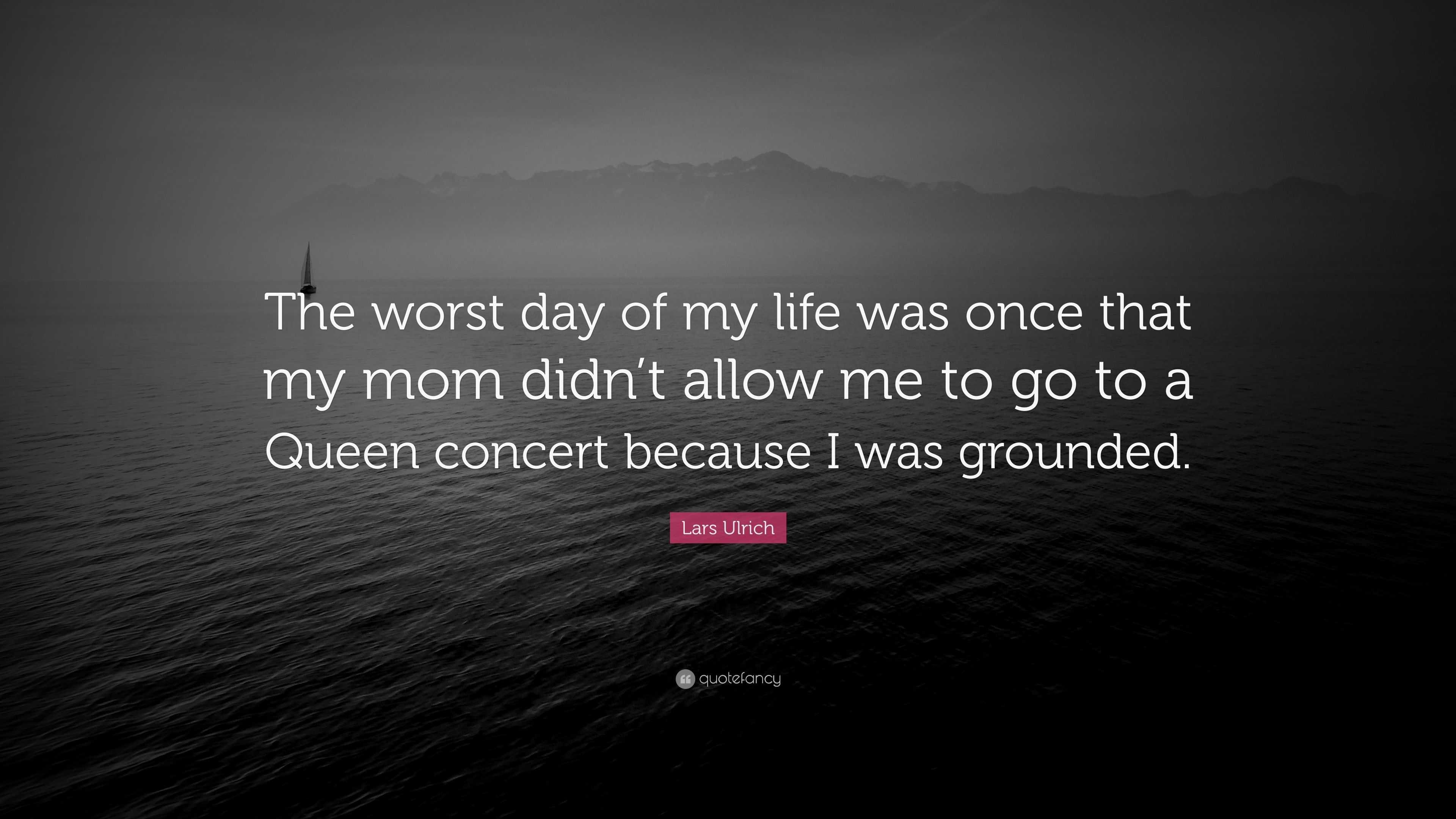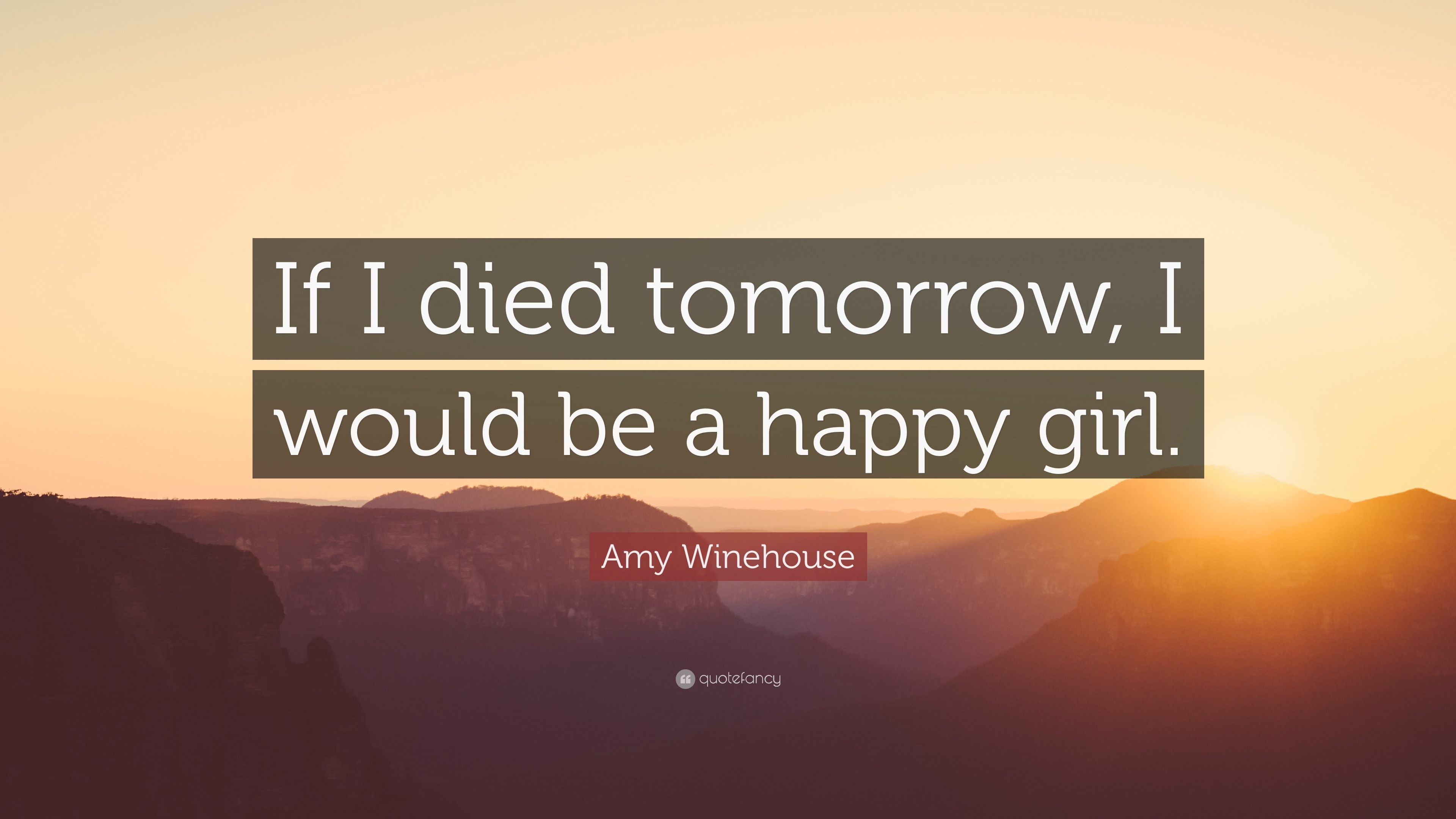

- #I AM SO MUCH HAPPIER NOW THAT I AM DEAD HOW TO#
- #I AM SO MUCH HAPPIER NOW THAT I AM DEAD SOFTWARE#
- #I AM SO MUCH HAPPIER NOW THAT I AM DEAD FREE#
While many individuals can navigate the path to integrated grief with the support of other loved ones, some people can get stuck along the way. Knowing when and being able to shift your focus from working on acceptance of the death to focusing on future goals, or to reconnecting to your loved one, can be challenging. It is important to have a balanced focus on all three processes. People are sometimes unable to focus on new goals or life purpose because they fear accepting their loved one’s death and “moving on” means they will or must “forget about” their loved one.

Maladaptive thinking, such as the belief one doesn’t deserve to experience the joy that comes with a renewed life purpose after the death of a loved one, can serve as an obstacle, keeping an individual locked in the acute phase of grief.
#I AM SO MUCH HAPPIER NOW THAT I AM DEAD FREE#
Reconnecting with your loved one may alleviate some of the longing and sadness you feel so you are more free to focus on redefining your goals and reimagining your life purpose. Greater acceptance of the death may help you to reconnect with your deceased loved one in memory. It may help you with acceptance on a deeper level of your loved one’s death. But after the first few months following your loved one’s death, if you can spend a short period, on as many days as possible, focused on redefining your goals and reimagining your life purpose, it can offer glimpses of joy-a welcome respite from your sadness.

However, if you are overwhelmed by sadness as you struggle to accept the reality of a loved one’s death, it may seem impossible to think about trying to find new meaning in your living without them. Humans are innately motivated to search for meaning in living. Finding new meaning or purpose in your life.Accepting the reality of your loved one’s death.The path to integrated grief requires three interrelated processes: However, it is possible for your grief to become more integrated painful emotions occur less frequently and with less intensity, and no longer interfere significantly with work, other relationships, or your experience of positive emotions. You shouldn’t expect your grief to ever end completely. Grief is an expression of love that continues after death.

So it makes sense that in the acute phase of grief, you may feel as though you have lost your sense of self or feel unsure of your life purpose.įind a Therapist for Grief Advanced Search Someone who has held you up emotionally when you were in crisis, helped shape your sense of self, and/or encouraged you to reach for your dreams is physically removed from your life forever. While each grief process is unique, the loss of someone with whom you have shared a deep emotional and supportive relationship usually causes the most intense grief reaction. Katherine Shear, MD, founder and director of The Center for Complicated Grief at Columbia University. But doing so is an essential part of your grief work, according to M. Focusing on goals and aspirations while your grief still feels so present may seem paradoxical. If you recently experienced the death of a loved one, you may feel grateful just to have survived the first holiday season without them.
#I AM SO MUCH HAPPIER NOW THAT I AM DEAD HOW TO#
How to Send Appointment Reminders that WorkĪ new year is under way, a time when people are reflecting on their lives and setting goals aimed at moving closer to long-term aspirations.Rules and Ethics of Online Therapy for Therapists.
#I AM SO MUCH HAPPIER NOW THAT I AM DEAD SOFTWARE#


 0 kommentar(er)
0 kommentar(er)
